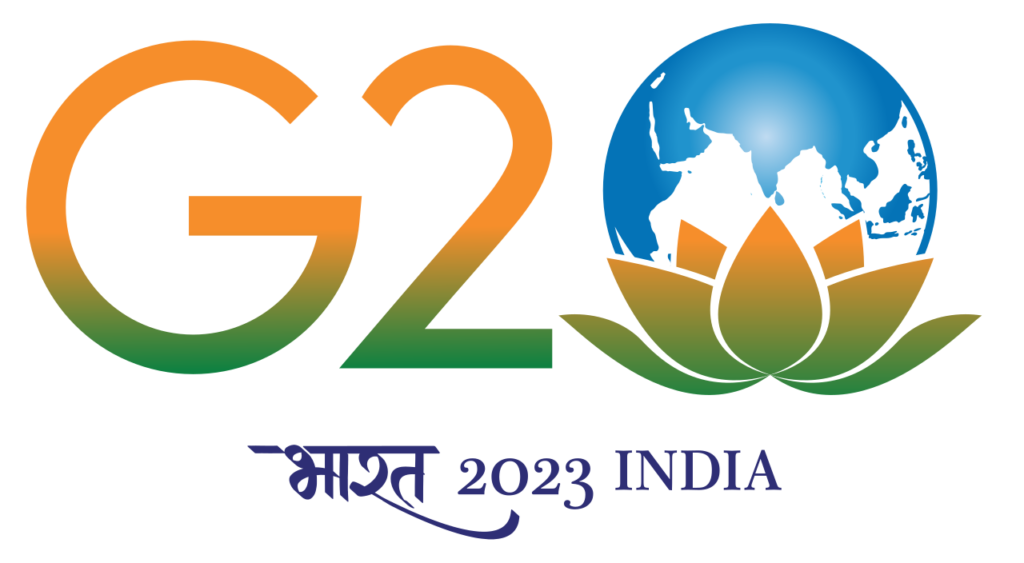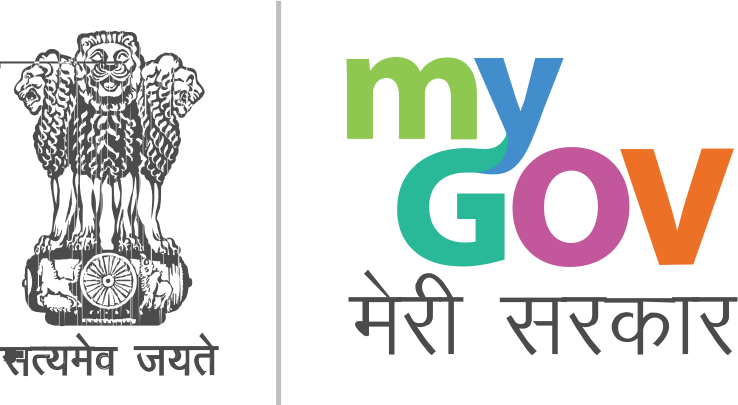Joint Entrance Examination (JEE) is a national-level competitive exam conducted in India for individuals who wish to pursue undergraduate courses in engineering and science programs at the Indian Institutes of Technology (IITs), National Institutes of Technology (NITs), Indian Institutes of Information Technology (IIITs), and other centrally funded technical institutions (CFTIs) in India. It is conducted by the National Testing Agency (NTA).
History of JEE
The history of the JEE dates back to 1960 when it was introduced as the Common Entrance Examination (CEE) to assess students’ eligibility for admission to the IITs. In 2002, it was rebranded as the Joint Entrance Examination. The exam’s purpose remains the same: to evaluate students’ knowledge and skills in science, mathematics, and problem-solving to identify those who are best suited for engineering and technology programs.
Eligibility Criteria
To be eligible for the JEE, candidates must have completed their 10+2 education or equivalent with Physics, Chemistry, and Mathematics as core subjects. They should also meet the age criteria specified by the examination conducting authority. Additionally, candidates must satisfy certain percentage requirements in their qualifying examination to be eligible for the JEE.
Types of JEE Exams
JEE Main: The JEE Main exam is conducted twice a year, in January and April, by the National Testing Agency (NTA). The exam consists of multiple-choice questions and tests candidates’ knowledge of physics, chemistry, and mathematics.
You must have a strong foundation in these subjects and be able to solve problems quickly and accurately. The best score of the candidate in JEE Main will be considered for admission and ranking purposes.
The JEE Main score is used for admission to the National Institutes of Technology (NITs), Indian Institutes of Information Technology (IIITs), and other centrally funded technical institutions (CFTIs). It is also used as a screening test for JEE Advanced, which is the second stage of the JEE.
JEE Advanced: The JEE Advanced is the second stage of the examination and is exclusively for IIT admissions. Only those who clear the JEE Main with a certain cutoff score are eligible to appear for the JEE Advanced. The JEE Advanced is held once a year, usually in July.
The candidates who qualify for JEE Main and are among the top 2.5 lakh rankers are eligible to appear in JEE Advanced. The JEE Advanced score is used for admission to the Indian Institutes of Technology (IITs), Indian Institute of Science (IISc), and other premier institutions.
The JEE Advanced is considered to be one of the most challenging and prestigious examinations in India.
Syllabus
The syllabus for JEE is based on the Class 11 and 12 syllabus of the CBSE and other state boards. The syllabus is divided into three sections: Physics, Chemistry, and Mathematics.
Physics: The Physics syllabus for JEE includes topics such as Mechanics, Thermodynamics, Waves, Optics, and Electricity and Magnetism.
Chemistry: The Chemistry syllabus for JEE includes topics such as Physical Chemistry, Inorganic Chemistry, and Organic Chemistry.
Mathematics: The Mathematics syllabus for JEE includes topics such as Algebra, Calculus, Coordinate Geometry, and Trigonometry.
Exam Pattern
The exam pattern for JEE Main and JEE Advanced differs slightly. JEE Main consists of multiple-choice questions (MCQs) with four options, while JEE Advanced includes both multiple-choice and numerical answer-type questions.
Both exams have negative markings for incorrect answers. JEE Main has a total of 75 questions, with 25 questions in each subject, whereas JEE Advanced has a variable number of questions in each paper.
Importance of Joint Entrance Examination (JEE)
The JEE exam also ensures that the students are well-prepared for the challenges of studying engineering. The JEE syllabus is challenging and covers a wide range of subjects, including physics, chemistry, and mathematics. Therefore, the JEE exam forces students to study hard and work hard to score well. The JEE exam helps to ensure that the students are well-prepared for the challenges of studying engineering.
The JEE syllabus is challenging and covers a wide range of subjects, including physics, chemistry, and mathematics. IITs, NITs, and other CFTIs are well-respected around the world. Clearing JEE can allow candidates to study or work abroad.
Attending IITs and NITs allows students to build a strong network of contacts and connections. These institutions have a vast alumni base, including successful entrepreneurs, academics, and industry leaders.
Such networks can provide valuable guidance, mentorship, and career opportunities in the long run. Graduates of IITs, NITs, and other CFTIs are in high demand by employers.
They often receive high-paying jobs in the engineering, technology, and consulting sectors. Preparing for and clearing the JEE is a challenging journey that demands discipline, dedication, and perseverance.
Students who successfully navigate this path emerge with increased self-confidence, problem-solving skills, and a strong work ethic. These qualities are not only beneficial for academic pursuits but also for personal development.
Many institutions offer scholarships and financial aid to JEE-qualified students based on their performance. These scholarships can help ease the financial burden of pursuing higher education and make it more accessible to a wider range of students.
The Joint Entrance Examination (JEE) is a highly competitive exam that opens doors to prestigious engineering and architecture institutes in India, it is the best career option for you, and it offers you an opportunity to pursue your dream career and education in some of the best institutions in the country.
The JEE also helps you to explore your potential and talent, and to challenge yourself to achieve excellence. The JEE is a rewarding and fulfilling experience for you so you aspire to make a difference in society through science and technology. I hope I have cleared all the topics related to JEE exams.
Conclusion
– As we all know, a thorough understanding of the Joint Entrance Examination (JEE) is crucial for aspiring engineers.
Streamlining the application process is simplified through accessible platforms such as Jan Seva Kendra which offers a wide spectrum of digital services such as bill payments, electricity bill payments, mobile recharge, loan facility, PAN services, company registration services and documentation assistance by the expert team under one roof. These Sahaj digital services not only facilitate efficient exam preparation but also contribute to making quality education more reachable. For more detailed or related to such services the team of experts will guide you and provide you full support.
Embrace the convenience of Jan Seva Kendra and Sahaj, supported by CSC Registration, marking substantial strides towards success in the JEE and fostering a future generation of skilled and innovative engineers.


